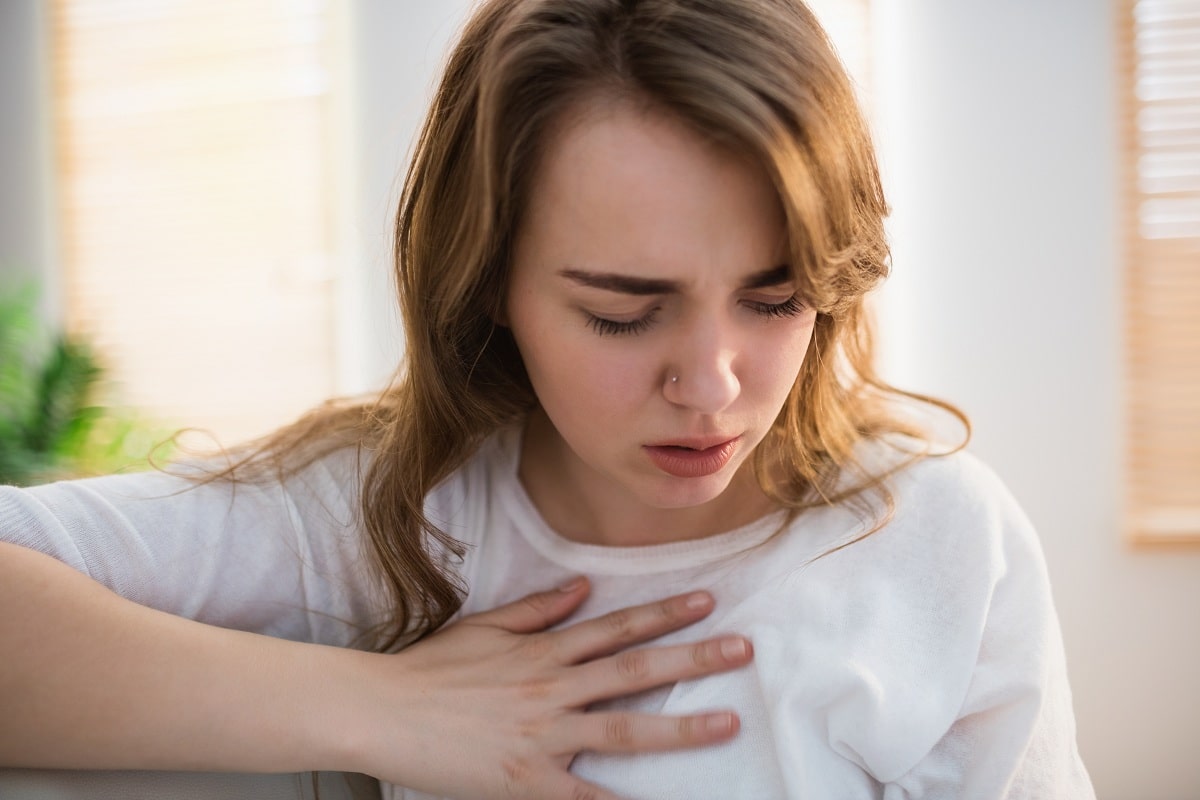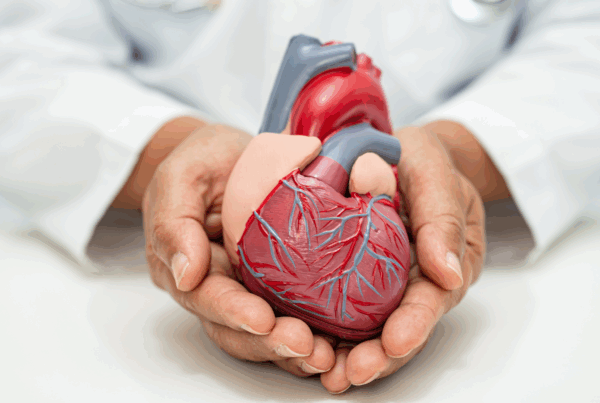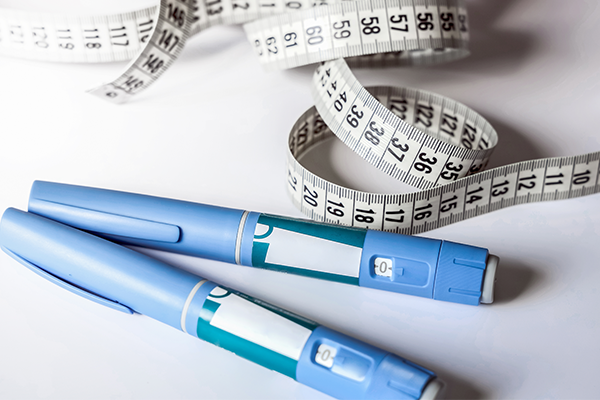If you’re experiencing chest pain, it is easy to jump to conclusions about a more severe heart condition at play. However, in many cases, your chest pain might not have anything to do with how your heart is performing.
Nonetheless, it is essential to get medical advice and understand where your symptoms might be pointing. In this post, we will explore common chest pain causes and when to see a Doctor.
Get emergency medical help if:
- You have random chest pain that spreads to your arms, back, jaw or neck
- Your chest feels tight or heavy
- Your chest pain began with shortness of breath, feeling sick or sweating
- Chest pain lasts more than 15 minutes.
These symptoms suggest you might be having a heart attack. Call 999 immediately and seek treatment in a hospital.
Common Chest Pain Causes
These are some common symptoms of chest pain and their associated causes. If your chest pain
- Starts after eating and occurs alongside food and you have the sensation of bitter fluids rising up, as well as potentially feeling bloated and full; you might be suffering from heartburn or indigestion.
- Starts after chest exercise or injury and feels better if you relax and rest your muscles, you might have chest sprain or strain.
- Worsens when you breathe in or out and cough up yellow or green mucus, or if you have a high temperature, you might have a chest infection or pneumonia.
- Is accompanied by a skin rash that appears to turn into blisters and a tingling feeling on the skin; you might have shingles.
- Is triggered by stressful situations and accompanied by dizziness, sweating, and a faster heartbeat; you might be having an anxiety or panic attack.
- Is accompanied by shortness of breath, coughing and wheezing, and if you are an asthma sufferer, your chest pain might be a symptom of your asthma.
Heart Conditions that May Cause Chest Pain
In some instances, chest pain can also often be a symptom of heart conditions such as:
- Pericarditis: Sudden, sharp, stabbing pain that may worsen when you breathe deeply or lie down.
- Angina: The result of blood struggling to get to the heart through blocked or narrowed arteries. You might experience a heaviness in your chest, especially after exercise or if you experience stress.
You are at higher risk of experiencing chest pain as a result of heart problems if you:
- Smoke
- Are overweight
- Have high blood pressure
- High cholesterol
- Diabetes
- A family history of heart attacks
- A family history of angina
If you have chest pain that comes and goes and you’re worried about the situation, you should seek medical advice from a doctor to put your mind at ease. Our experts at Venturi Cardiology will evaluate underlying heart conditions and offer advice on how to mitigate symptoms or proceed with treatment if necessary. So get in touch today to make an appointment.












